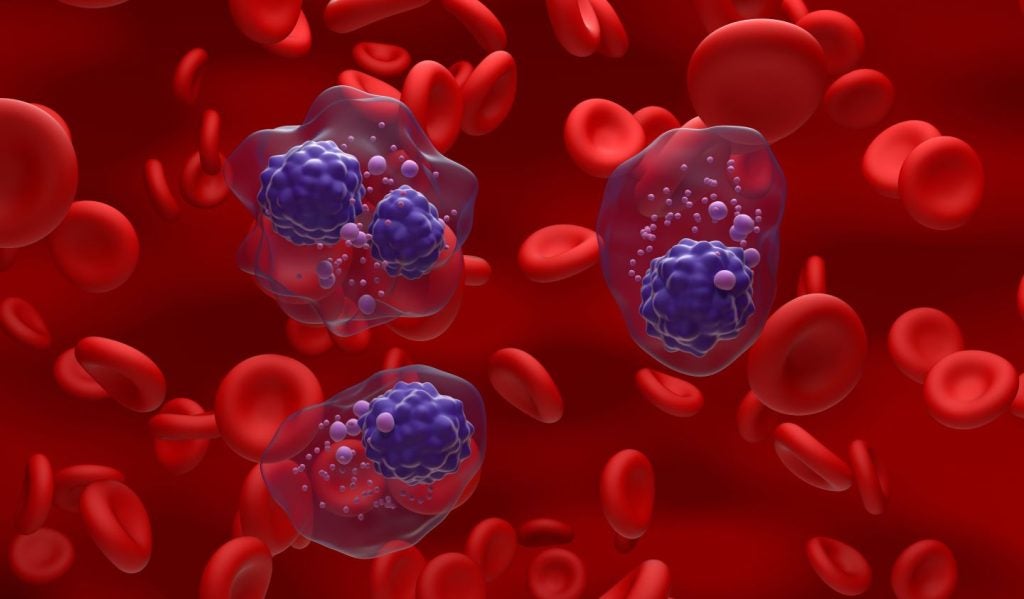The UK Medicines and Healthcare products Regulatory Agency (MHRA) has extended the licence of Vertex Pharmaceuticals’ cystic fibrosis drugs Kaftrio (ivacaftor, tezacaftor and elexacaftor) and Kalydeco (ivacaftor) for children aged two to five years.
The drugs are already authorised to treat patients aged six years and above with a minimum of one F508del mutation in the cystic fibrosis transmembrane conductance regulator (CFTR) gene. The latest development extends this authorisation.
Patients will use Kaftrio and Kalydeco together as a long-term medication to control cystic fibrosis symptoms.
Ivacaftor, tezacaftor and elexacaftor are the key components of these drugs and interact with specific abnormal CFTR proteins, enhancing the movement of chloride to and from the cells.
CFTR modulator therapies are offered as sachets containing granules to be mixed with 5ml of soft food.
The latest development is based on data from trials in patients aged 12 years and above, and findings from a Phase III clinical trial in 75 patients aged two to five years.
Treatment with Kaftrio plus Kalydeco was found to be safe and well tolerated, with a safety profile in line with those reported in older patients.
The use of CFTR modulator therapies in two to five-year-old children led to a 57.9mmol/L drop in chloride concentrations in sweat.
MHRA healthcare quality and access interim executive director Julian Beach stated: “We have prioritised the assessment of Kaftrio and Kalydeco for this age range in view of the unmet needs of children with cystic fibrosis.
“As with all products, we will keep the safety of Kaftrio and Kalydeco in this age range under close review.”















